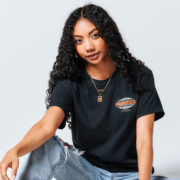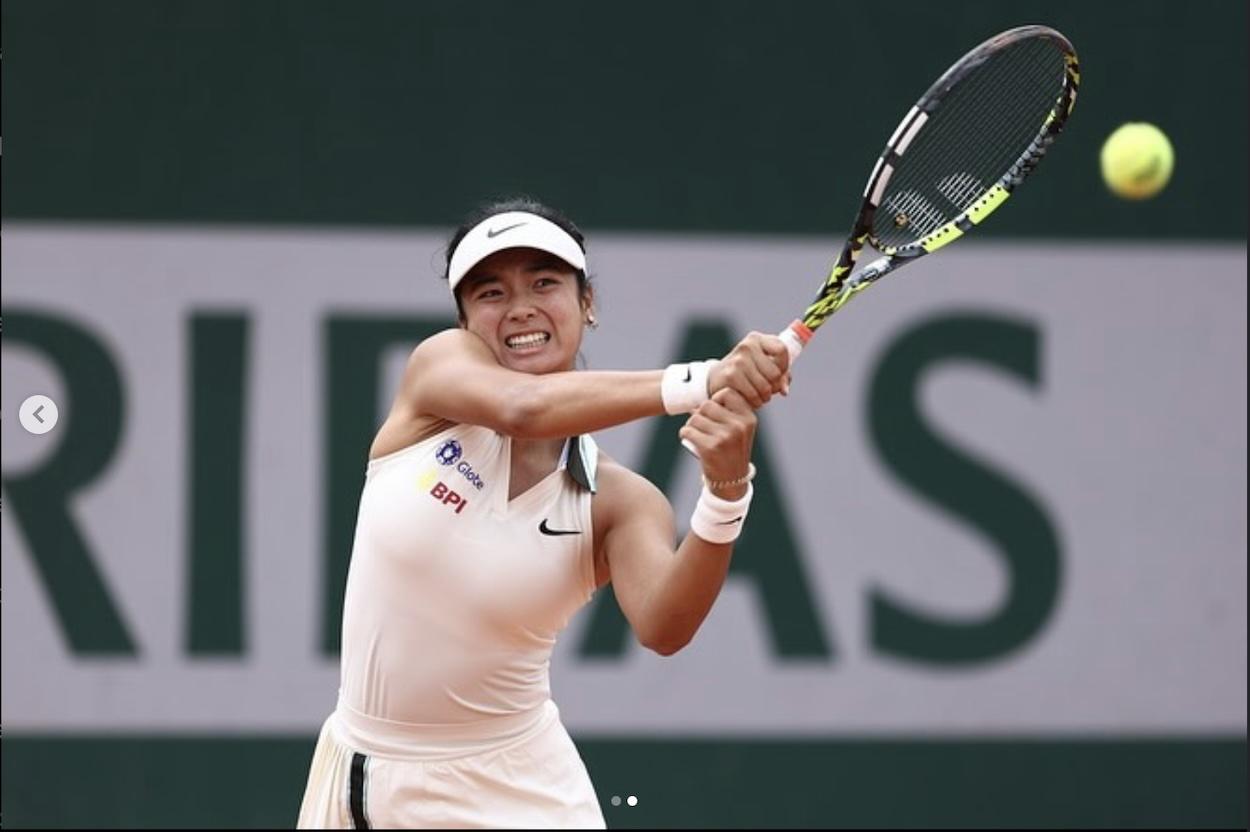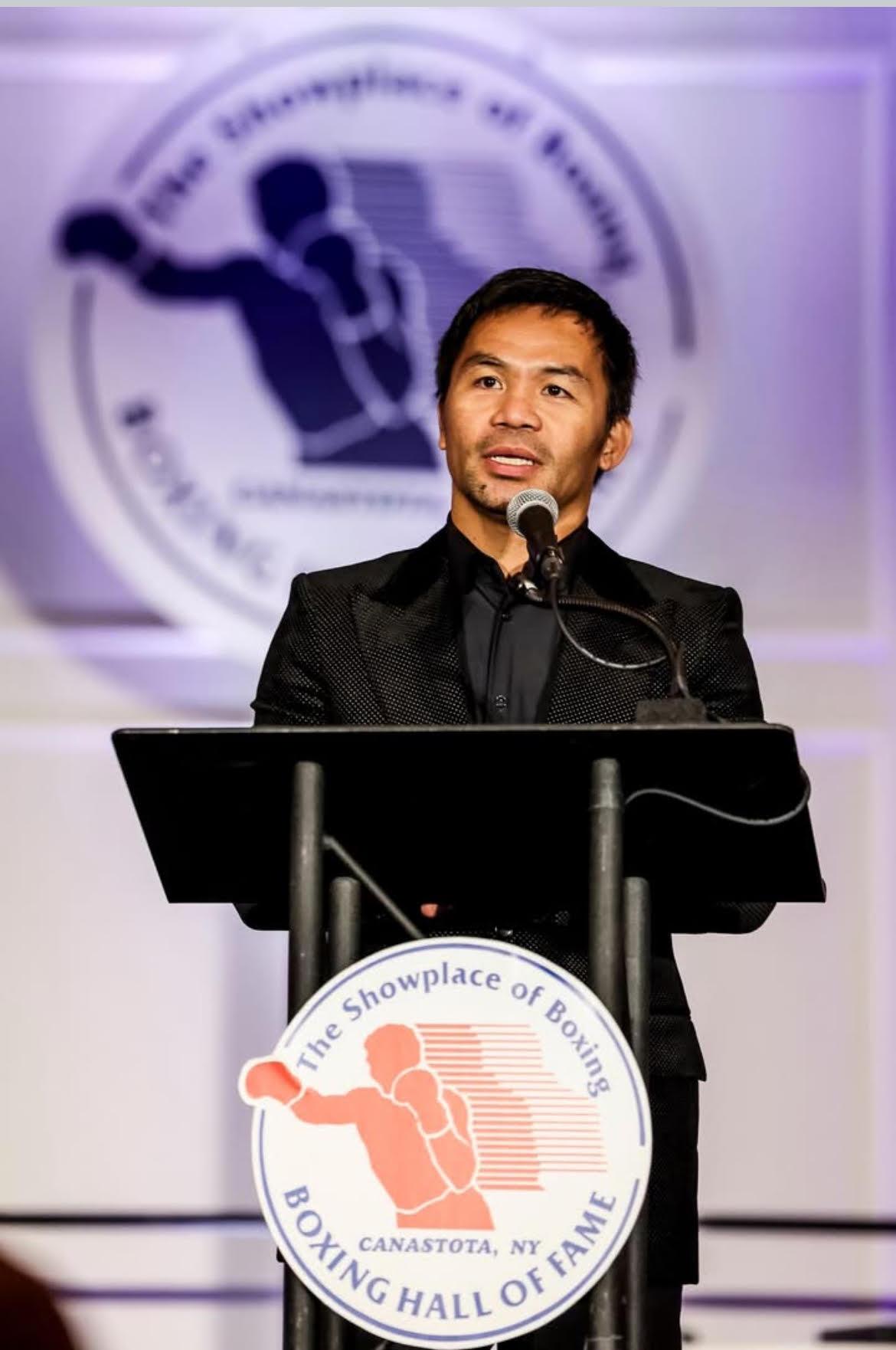BY 2024, the skin lightening market is projected to reach $31.2 billion as the popularity of these products continues to soar in Asian countries like the Philippines, Korea and Japan.
In the Philippines, products ranging from creams to pills still get smuggled in and have reportedly been found to have dangerous amounts of mercury, which causes side effects such as skin infections and kidney failure. If you’re stuck in traffic in the capital city of Manila, you’ll see massive billboards promoting such products and glorifying fairer-skinned celebrities, continuing to drive this systemic cultural perception that lighter skin tones equal beauty and success.
This notion hasn’t been confined to the Philippines. Filipino Americans share stories of hearing seemingly harmless comments about not staying outside for too long in fear of getting “too dark” or being scrubbed with papaya soap.
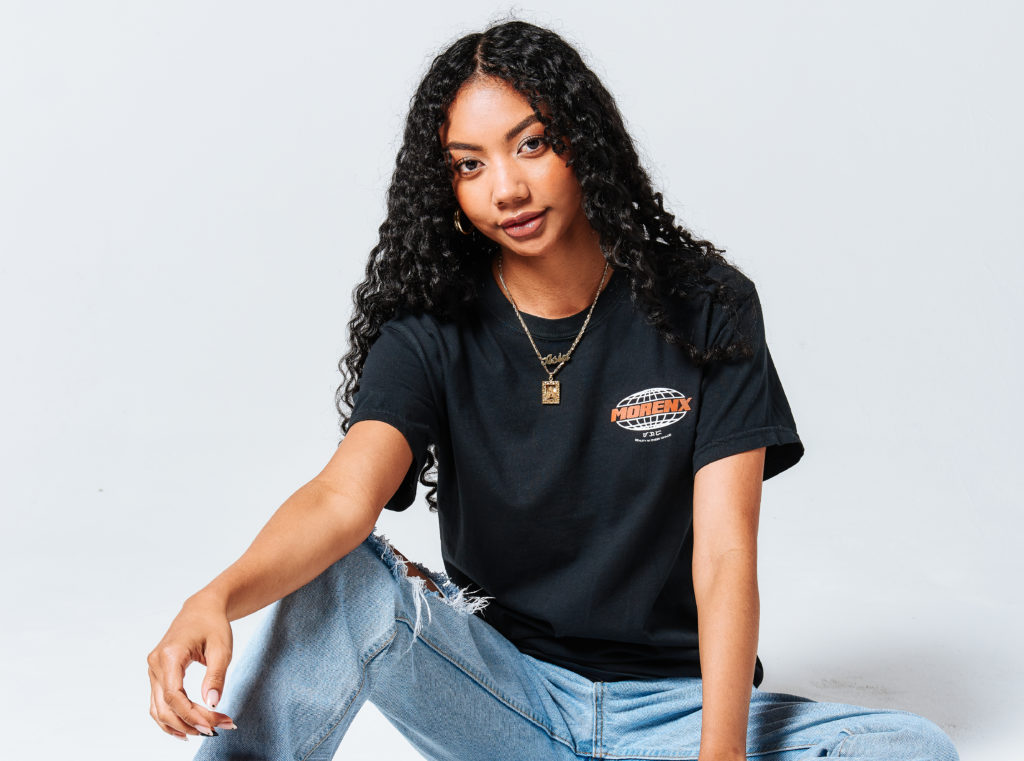
There’s one half-black and half-Filipina millennial who’s trying to challenge colorism— the prejudice or discrimination against individuals with a dark skin tone, typically among people of the same ethnic or racial group.
“Colorism runs rampant amongst cultures all throughout Asia but it is especially pernicious in countries that were colonized by Europeans,” actor, YouTuber and activist Asia Jackson wrote on Twitter. “Philippines was under Spanish rule for 333 years. During that time, the Spanish established a caste system the way they did in Latin America.”
It’s been three years since the 25-year-old started “#MagandangMorenx” — meaning “beautiful brown skin”— during Filipino American History Month to open up a conversation and highlight the skin diversity within the Fil-Am community.
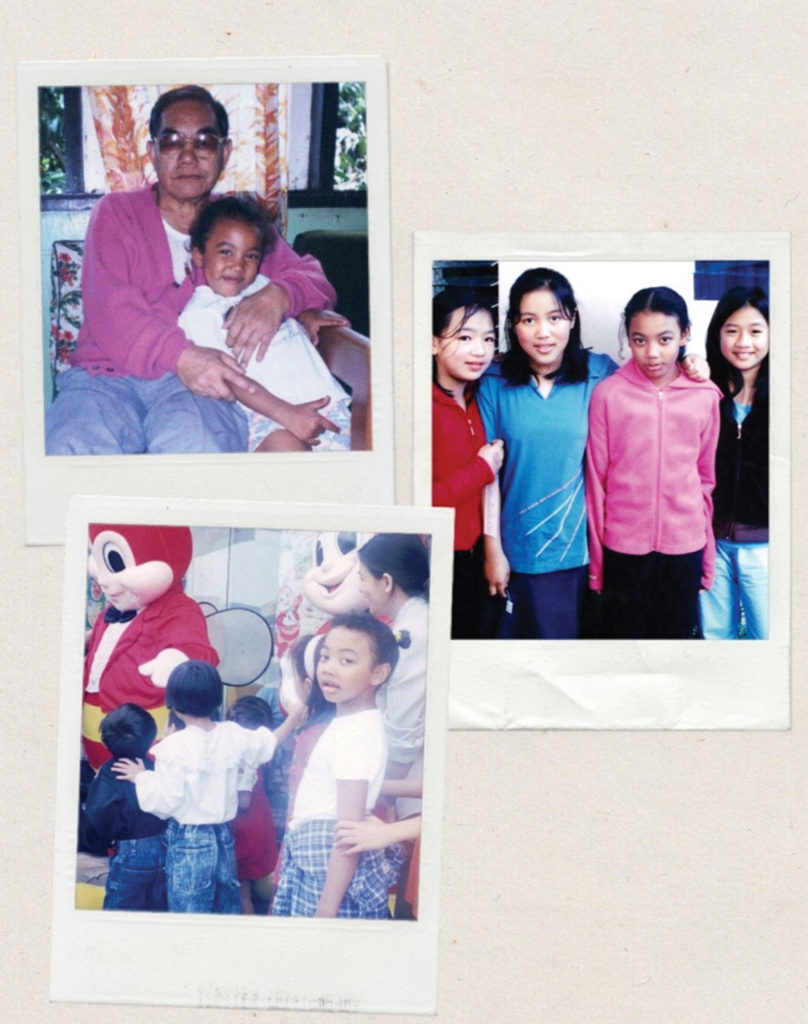
Born to a black father in the military and a Filipina mother from Baguio, Philippines, Jackson heard a lot of microaggressions about her skin while growing up and moving around places like the Philippines, Japan, Montana and Texas.
“While brainstorming, I just kept going back to when I was living in the Philippines and being bullied for having darker skin. It also reminded me of my Filipino friends here in the U.S. whose moms would tell them, ‘Don’t go outside because you’ll get dark’ or would give them papaya soap to whiten their skin,” Jackson said. “I remember all the skin whitening ads and things like that and no one was really talking about it so I decided to create my own conversation with the hashtag on Twitter.”
Little did she anticipate that #MagandangMorenx would become a global movement that Filipinos, regardless of location or gender, would chime in and share their own episodes of skin discrimination.
“I didn’t think it would singlehandedly end colorism but I wanted to get people talking and social media is a place where we could engage young people,” Jackson told the Asian Journal.
For this year’s #MagandangMorenx Day, Jackson collaborated with Uprisers, a Los Angeles-based streetwear brand started by Japanese American Michelle Hanabusa, to create a capsule collection of clothes and accessories with messages like “morenx” and “You Can’t Tell Me Who I Am.” Underneath the shirt with the “morenx” logo are symbols meaning “maganda (beautiful)” in Baybayin, an ancient pre-colonial Filipino script.
“I wanted people to be able to put something on and feel represented. I want the world to see that I am proud of who I am and being in my skin color,” Jackson said, adding that Uprisers was a fitting brand to do this with given Hanabusa’s similar mission. Jackson also made it a point to include South Asian, Southeast Asian and mixed Asians in the photoshoots for the line.
“It is part of my purpose as an entertainer and as someone with a platform. I noticed that there has been an imbalanced representation of Asian people in western media. Usually, it’s East Asian or even within that, mixed Asians are usually mixed with white. In any way, I want to get South and Southeast Asians and Asians that are mixed with black or Latino the representation that they deserve,” she said.
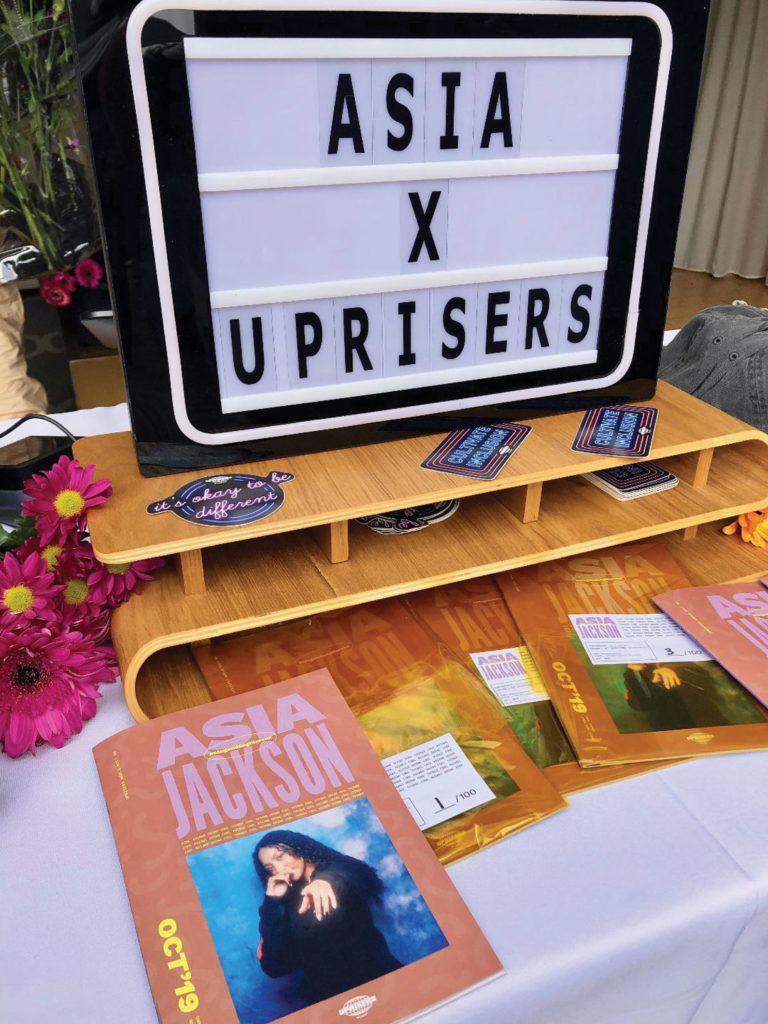
Along with the collection, Jackson released a zine entitled ‘Cool Asians Doing Things,’ featuring the stories and quotes from several Asians, including fellow Fil-Ams, actor Megan Batoon, entrepreneur Vanessa Lee, and artist Kristian Kabuay.
Recognizing the platform she has, Jackson hopes to help others become comfortable in their own skin, as well as educate why it’s problematic to perpetuate this colonial mentality.
A current video she’s working on for her YouTube channel (where she shares fashion, skincare and self-care tips to over 360,000 subscribers) is why skin whitening and tanning aren’t the same concepts.
“The sociopolitical context and histories are different so I wanted to create a video around that because that’s a common misconception people have,” Jackson explained. “Colorism is systemic whereas tanning is something people do to look or feel prettier. With colorism, you can lose your job for having darker skin or you can not get a job because of your skin color, whereas with tanning, I’ve never heard a white person say, ‘I lost my job because I forgot to apply tanner.’ It’s important to make that distinction.”
In addition to her vlogging and activism, Jackson is also a budding actor with credits including “Superstore,” “Modern Family,” “The Young and the Restless,” and “The Goldbergs.” She recently completed filming an Amazon movie set to be released next year. Through acting, she sees it as contributing to multicultural representation, as she didn’t see many faces that looked like her growing up.
“A lot of projects that are in production right now that are very progressive, especially for young people and that is amazing because those are the types of projects I want to be in,” Jackson added.
AJ: What has surprised you the most about this hashtag movement? People of various backgrounds and genders have joined in the conversation.
Asia: It was more than self-identified females using the term. One of the reasons why I used ‘x’ was so men and women could join in at the same time, but also those who are non-binary. I wanted to be inclusive of all genders and it was cool to see people respond really well to that.
To be clear, the responses to the hashtag have been very positive for the most part but it was still interesting to see how many Filipinos from the Philippines deny that colorism exists. To me, it was very apparent because I had experienced it firsthand and also the fact that there are so many skin whitening ads should’ve been the biggest clue.
AJ: Your time in the Philippines was really formative. How long were you living there?
Asia: I was only [living] there for a year, but before that, we went back during the summers almost every year. I’m so glad my mom made it a priority to go back because I feel connected to the culture in a way that a lot of Filipino Americans don’t. It’s a privilege to have been able to do that.
AJ: How have you challenged the remarks you got growing up?
Asia: Thankfully, my family was very understanding of the fact that I was half black and they didn’t make comments about my skin color like that. It was usually my classmates. Even being here [in the U.S.], my best friend from high school is Cambodian and colorism is a huge issue in that community as well. Sometimes when I’m hanging out with her and her sister would go outside, she’ll tell her, ‘Don’t be outside too long because you’ll get darker.’ It is so normalized in the culture that she didn’t even realize what she was saying so I made a comment questioning what was wrong with being darker and she didn’t really have anything to say after that. Just questioning what they said — not even in an aggressive way or in an ill-intentioned way — and hearing how they respond to it and creating a conversation around that. I’ve found some success in that, especially with the older generation.
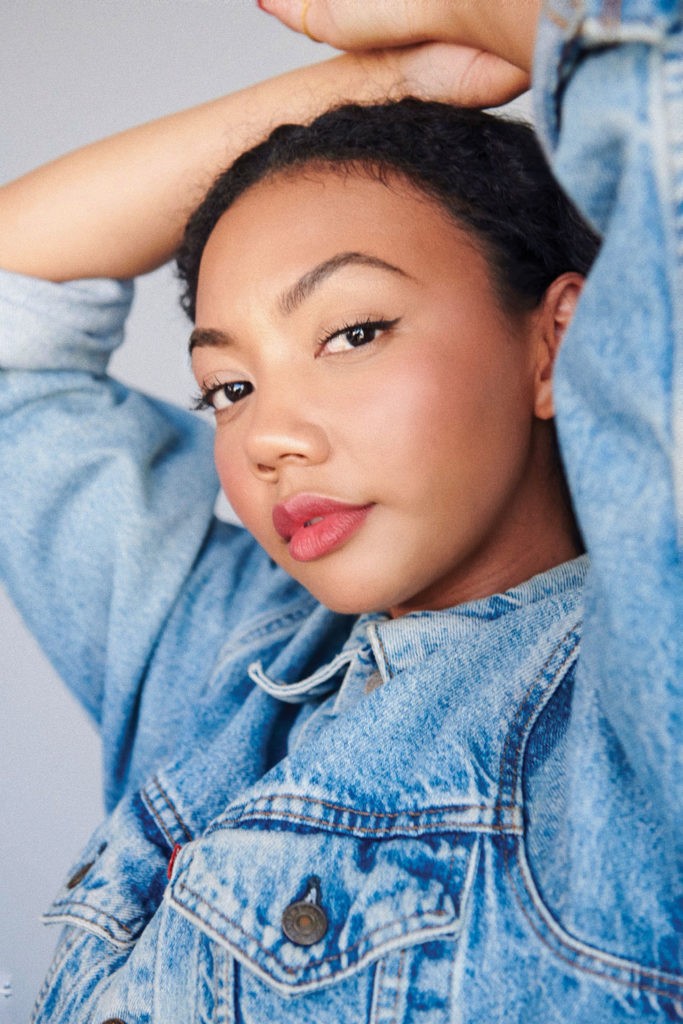
AJ: Has this movement reached the attention of any makeup/skincare brands?
Asia: That’s something I definitely want to work toward in the future because I’ve thought about it. Last May, there was a Filipino skin whitening brand called SkinWhite that created an advertisement that I thought was ridiculous because the messaging behind it was ‘Dark or white, you’re still beautiful.’ I felt like that was so hypocritical of them to try to hop on this movement when they themselves are creating skin whitening products for people to whiten their skin. I created a video talking about it and it was very well received. In the comments, a lot of people disagreed with what I had to say but what’s important was that it created conversation.
AJ: We’re seeing a lot of Filipinos highlighted for pushing the barriers in different industries and sharing their stories on social media more than ever.
Asia: There are so many Filipinos across industries — like the head of global marketing for Revolve is Filipina, Raissa Gerona. When I was growing up, I didn’t really see that and a lot of it now is thanks to social media. You can see that, ‘Oh, the person who does this for my favorite brand is Filipino.’ I can go on their Instagram and see the cool things they are doing.
My mom loves watching Bretman Rock and Patrick Starrr, and even though they’re younger than she is, she has a connection to them because they’re Filipino and she loves seeing their moms in their videos. I love what social media has done to the world. There is a lot of negativity but for the most part, it has opened doors for so many people. I’m so glad even just for women in general, women from working-class backgrounds have been able to succeed without any prior connections or nepotism. In the beauty industry, for example, we see women from working-class backgrounds creating empires just because of how they’ve done on social media.
“Being myself is my superpower,” says Jackson.
AJ: Do you think the accessibility of social media has changed what the American Dream means?
Asia: What people think of ‘American’ is just changing in general. With that, the American Dream changes. Now, we’re able to pursue things that we’re passionate about more than our parents could have. Our parents have sacrificed so much with the limited resources that were available to them. Now with social media, it’s provided so much for everyone. Other people have been able to create better lives for themselves and a better world for others.
AJ: It’s been a common experience for many Filipino Americans of having to balance two cultures and identities. Being biracial and multicultural, how has that shaped your identity and how you’ve defined yourself?
Asia: Being biracial is a whole thing. My parents didn’t really have conversations about what it was like to have a mixed identity, mostly because I don’t think they thought anything of it. They loved each other and had a child and made a family. As a child, I knew my parents looked different and I knew that I looked like both of them but neither of them at the same time. It didn’t really mean much to me at the time, but as I got older and started to realize the way my environment was interacting with me was when I realized I was different from everyone else.
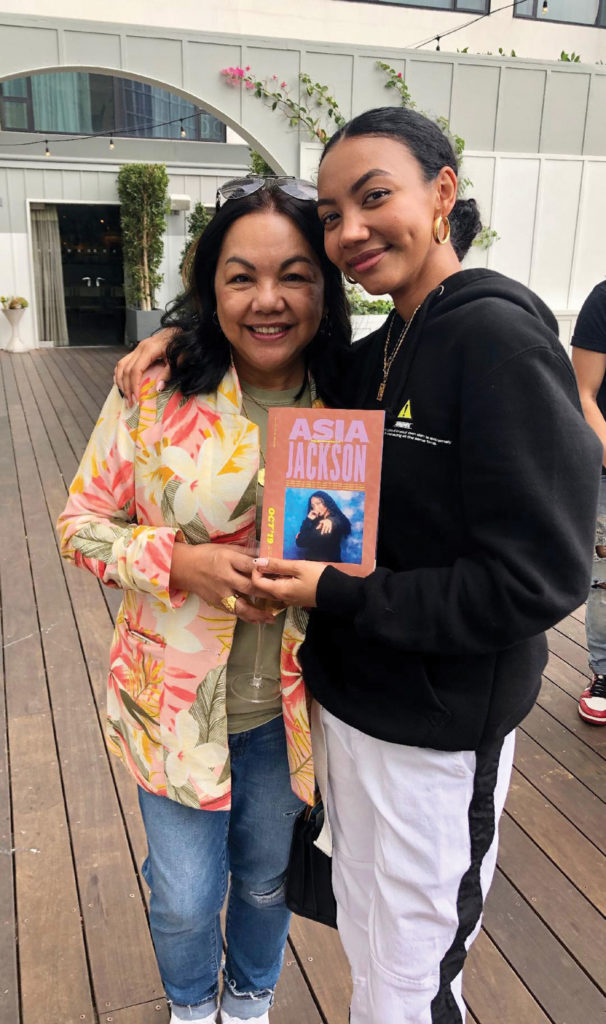
AJ: You moved around a lot growing up. Did that also form the way you viewed yourself?
Asia: I didn’t find out I was black until I was in the second grade. I was living in a small town in Montana and one of my white classmates referred to me as African American. I remember being super confused because my dad is black and I knew I was black because I looked like him, but I was being referred to as African American when my mom is Asian. Why am I being referred to as one thing when I’m something else too? When I moved to Asia — I lived in Japan and the Philippines — people made it very clear there that I was half-black because they would make fun of my skin color and hair. When I moved to Houston, Texas, my school was predominantly black and Latino and the black students didn’t consider me as one of them because culturally I wasn’t black the way they were. It wasn’t until I moved to Long Beach, which is very diverse and had a lot of mixed kids so that’s when I realized that it’s okay to be this — it’s okay to be black and Filipina at the same time. That’s when I started to be comfortable with my mixed identity.
As far as Filipino versus American culturally, that was interesting because when I lived in Long Beach, I met other black Asians but they were born and raised here and had no connection to their Korean or Filipino or whatever culture. They didn’t speak the language or know what it’s like buy Boy Bawang at the sari-sari store. It was interesting being able to relate to them based on our ethnic or racial background but not on a cultural level. As I’ve gotten older, I’ve realized that it’s not inherently problematic that we’re culturally different, it’s just a different experience. Diversity is a gift in every community.
AJ: Going back to the zine you launched, what was the production of that and the storytelling you wanted to convey?
Asia: The funny thing with producing is that you have to reach out to so many people to get one response. I hand-selected a long list of people that I felt would be perfect to be in the zine…I specifically chose Southeast Asians, South Asians, East Asians, Asians that were mixed with white, Asians that were mixed with Latinos, Asians that were mixed with black, LGBT Asians and there is also body diversity. I wanted to include a wide variety of people to get their stories out there. I feel like it’s super inspiring for young people to see something like that because when I was growing up, my idol was apl.de.ap from Black Eyed Peas because he’s black and Filipino also. That helped me embrace who I am and it made me realize that being myself is my superpower. No one can be me and my own unique experiences are what make me, “me” and they go into my art and what I create. We asked each person advice they would give their younger selves and young people who are reading the zine.
“I want to work as hard as I can to make sure that no one feels bad about their skin color. That’s the legacy I want to leave in this world.”
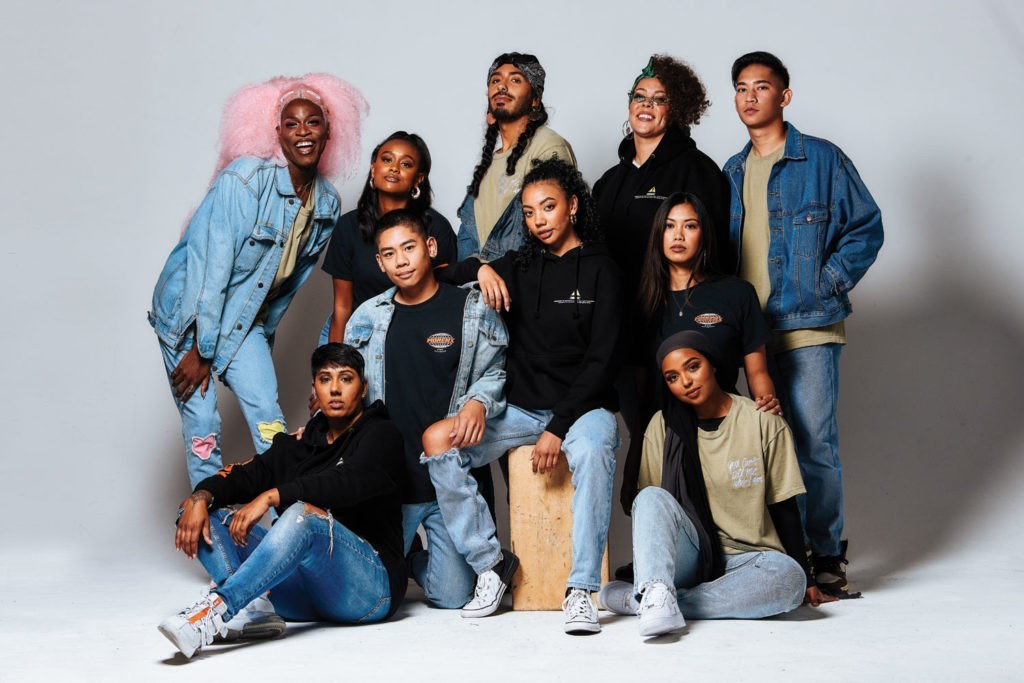
AJ: What would you say to your younger self?
Asia: I would say what I keep saying: It’s okay to be different. It’s okay to be yourself because that’s your superpower. You don’t have to emulate another personality or try to be another person to be well-liked or successful.
AJ: Where do you see the beauty and skincare industry going as conversations like yours are becoming more prominent?
Asia: I think the beauty industry, in general, is moving away from makeup and there’s a big emphasis on skincare right now. When that change started happening, the emphasis was on better-looking skin and now I’m seeing it shift in focus on healthy skin, which I think is important. When your skin looks better, it’s not necessarily healthy so I’m really glad that there are companies that are focusing on maintaining a healthy skin barrier and are putting out products with ingredients that are beneficial for the skin. There are also a lot of beauty companies that are not retouching their photos. It’s important to see skin texture, pores and breakouts because most of us deal with it and I personally like to see that in advertisements. I think we’re moving in the right direction.
AJ: You talk about the privilege of having these close relationships with your Filipino side of the family and getting to go back to the Philippines and learn about where your mom is from. For some Fil-Ams who didn’t have those opportunities but want to learn about their heritage and culture, how can they go about that?
Asia: Getting involved with Fil-Am organizations and events is a great way to stay connected to the culture. But what I would like to see in the future is expanding beyond food and dance. Food is such a staple in every culture and it’s amazing to see Filipino food getting so popular. Sometimes we’ll showcase dances like the tinikling but not everyone in the Philippines dances that. The Philippines is so diverse and how can we broaden the conversation and get Filipino Americans to understand that there are many different indigenous groups? There’s the Bontocs, the Aetas, and so many other groups of people. How can we teach them about that in a way that they’ll be excited about it? How can we make learning about that as fun as dance and food?
AJ: With your work, what kind of legacy and impact do you want to leave?
Asia: In a general sense, I want to leave the world in a better state than when I came in. Colorism is such a huge issue for me and it’s something I will continue to be passionate about. In my lifetime, I would like to see skin whitening companies disappear. I want to work as hard as I can to make sure that no one feels bad about their skin color. That’s the legacy I want to leave in this world.


